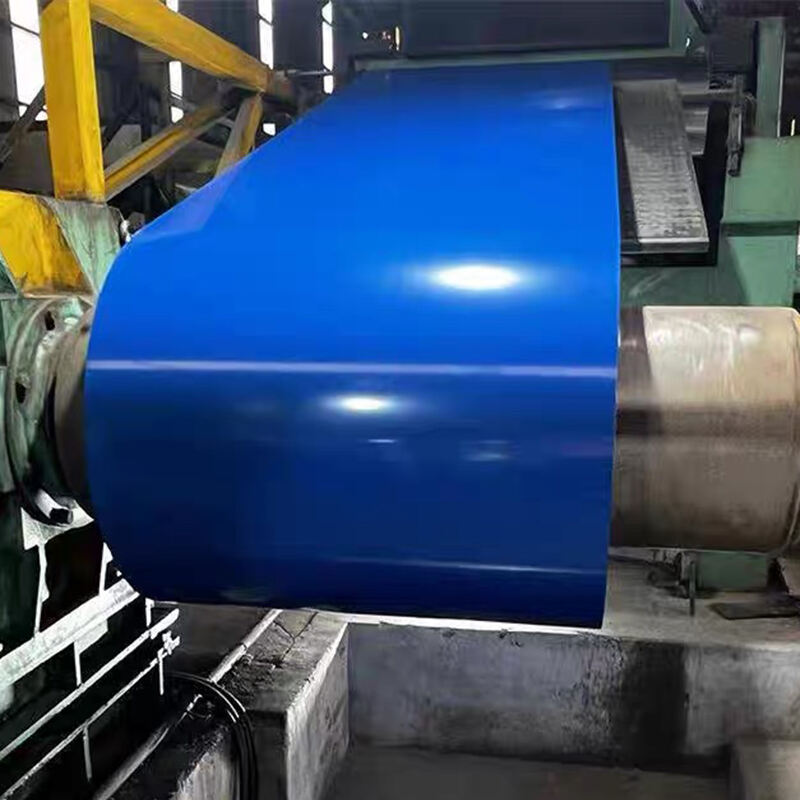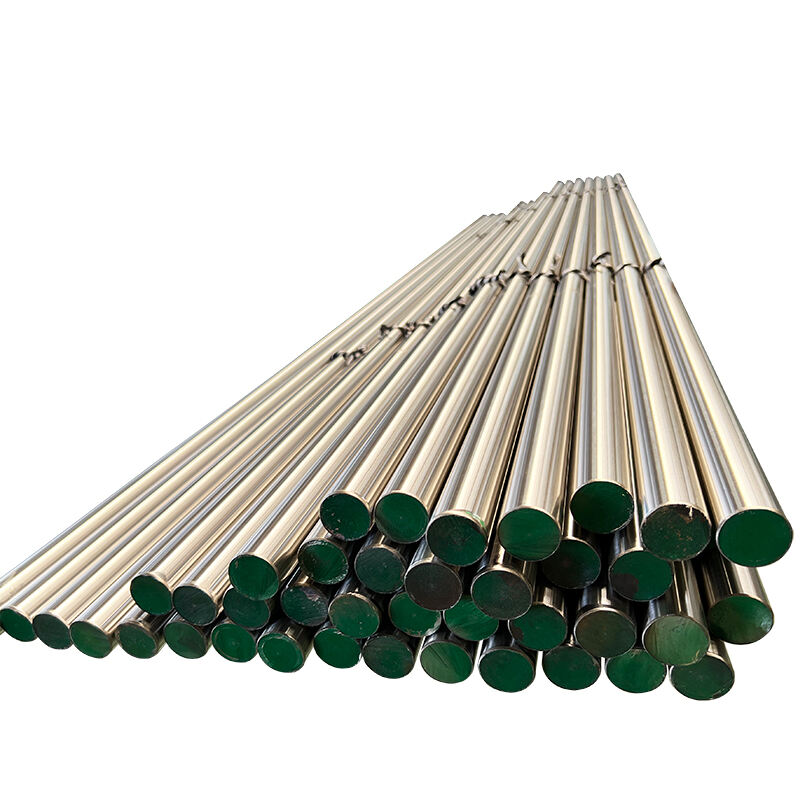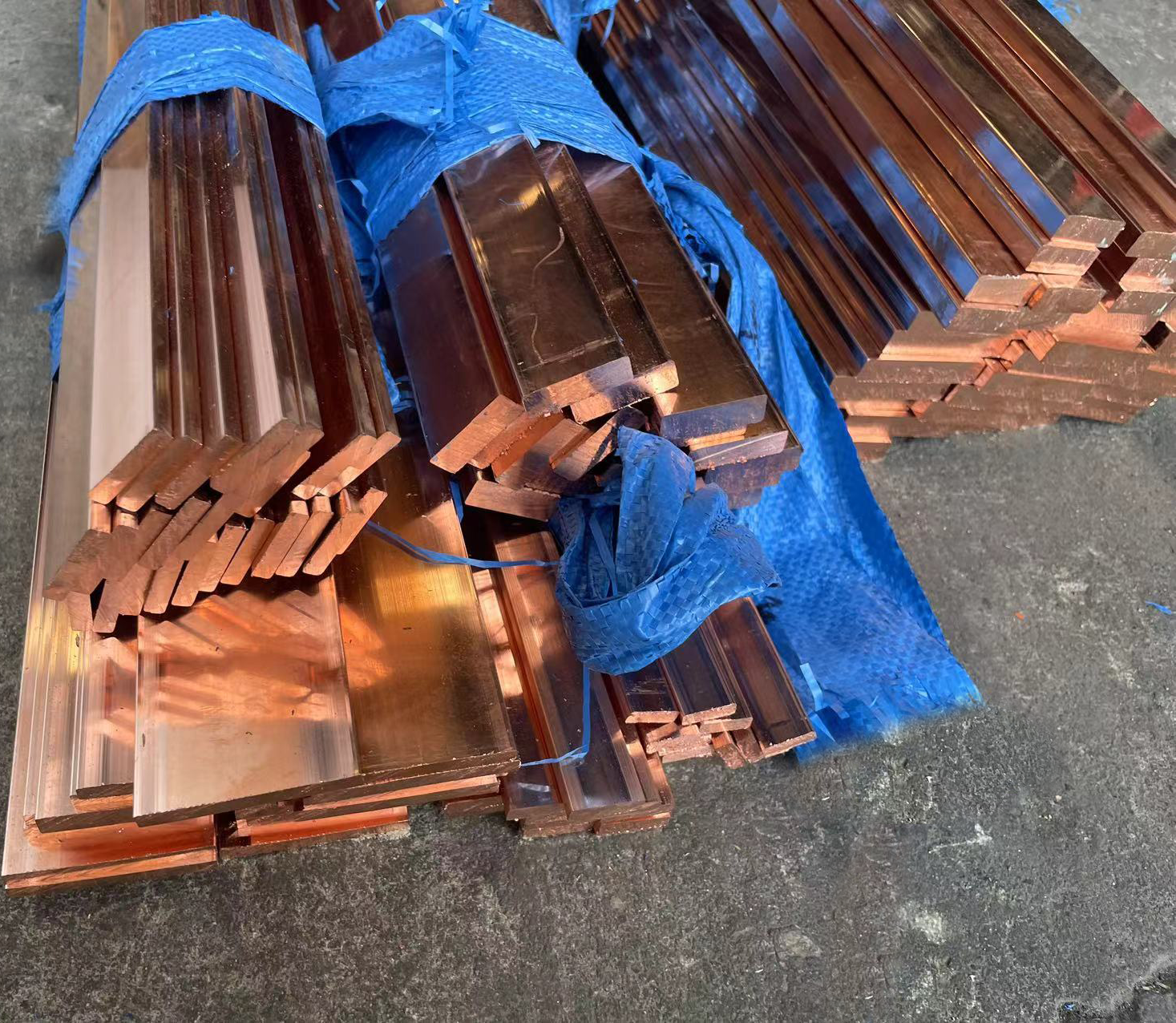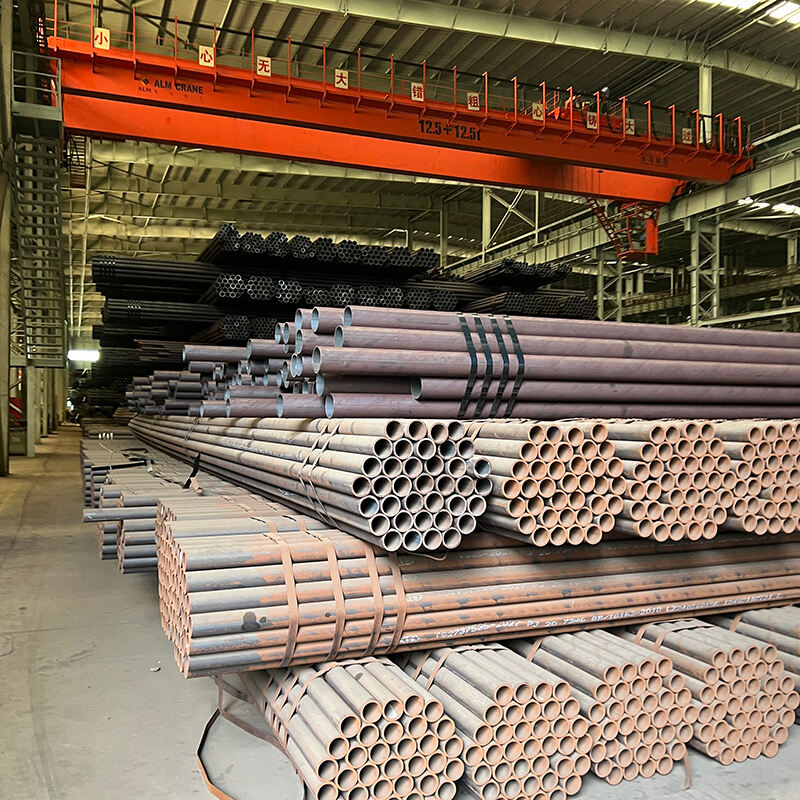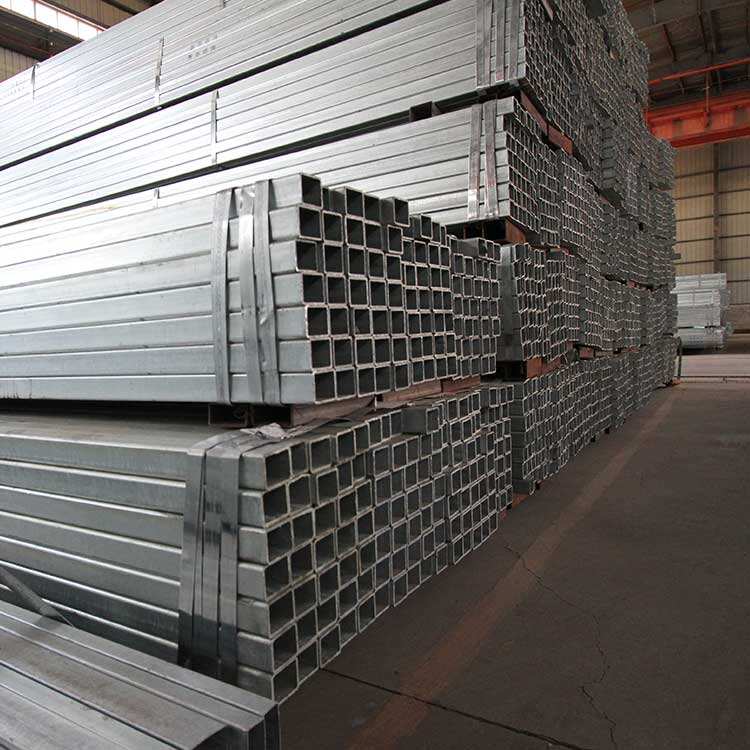pipe stainless
Pipe stainless represents a crucial component in modern industrial and construction applications, offering exceptional durability and corrosion resistance. These pipes are manufactured using high-grade stainless steel alloys, typically containing chromium, nickel, and other elements that contribute to their superior performance characteristics. The seamless construction ensures uniform strength throughout the pipe's length, while various diameter options and wall thicknesses accommodate diverse application requirements. These pipes excel in environments where exposure to chemicals, extreme temperatures, and harsh weather conditions is common. Their smooth interior surface promotes efficient fluid flow and minimizes the risk of contamination, making them ideal for sanitary applications. The material's inherent properties allow for easy maintenance and cleaning, contributing to extended service life and reduced operational costs. In industrial settings, pipe stainless systems handle everything from process fluids to steam and gases, maintaining structural integrity under high pressure and temperature variations. The non-porous nature of stainless steel prevents bacterial growth and makes these pipes particularly suitable for food and beverage processing, pharmaceutical manufacturing, and medical facilities. Their aesthetic appeal also makes them popular in architectural applications, where exposed piping needs to maintain a professional appearance while delivering reliable performance.


